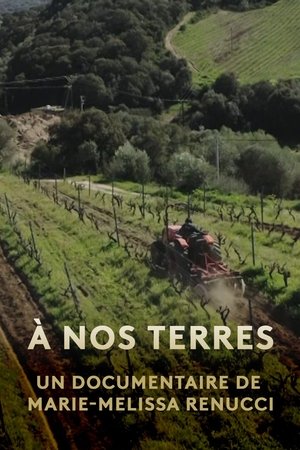

Island Cowboy(2021)
Island Cowboy follows a Canadian beekeeper on Prince Edward Island during one of his last years of work. At the age of 68, Stan Sandler would like to retire, but impending threats to his island home's ecosystem threaten the future of the bees, and the health of the environment. The relationship between a beekeeper’s labour and the economy of the island’s blueberry crop is explored through a season of beekeeping, as we get an intimate look at Stan and the "bee cowboys".
Movie: Island Cowboy
Top 1 Billed Cast
Himself

Island Cowboy
HomePage
Overview
Island Cowboy follows a Canadian beekeeper on Prince Edward Island during one of his last years of work. At the age of 68, Stan Sandler would like to retire, but impending threats to his island home's ecosystem threaten the future of the bees, and the health of the environment. The relationship between a beekeeper’s labour and the economy of the island’s blueberry crop is explored through a season of beekeeping, as we get an intimate look at Stan and the "bee cowboys".
Release Date
2021-10-23
Average
0
Rating:
0.0 startsTagline
Genres
Languages:
EnglishKeywords
Similar Movies
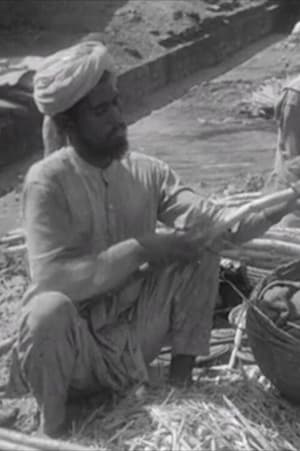 0.0
0.0An Eastern Market(en)
Documentary detailing a farmer’s visit to the market in Rawalpindi.
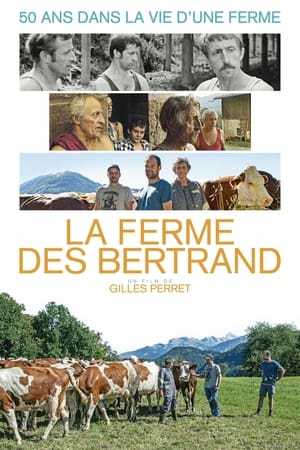 6.6
6.6Bertrand's Farm(fr)
1972 in Haute-Savoie (France) : the Bertrand's farm, with a hundred dairy cows owned by three bachelor brothers, is filmed for the first time. In 1997, they were the subject of Gilles Perret's first movie, as they let their farm to their nephew Patrick and his wife Hélène. Nowadays, 25 years later, Gilles Perret take another look at this farm, managed by Hélène who will step down. Through their words, an intimate, social and economic history of the rural world.
 7.0
7.0A Life on the Farm(en)
A strange story from Somerset, England about a filmmaking farmer and the inspiring legacy of his long-lost home movies.
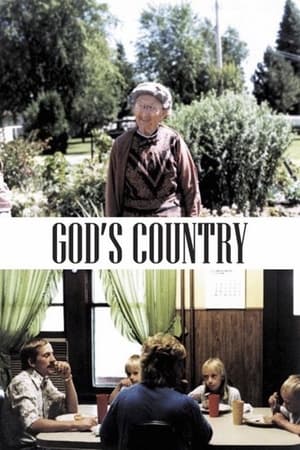 7.3
7.3God's Country(en)
In 1979, Louis Malle films the thriving lives of a Minnesota farming community, but returns six years later to document its drastic economic decline, offering a poignant look at the impact of political changes.
The Way of the Shaman Drum(zh)
During the Cultural Revolution in China in the late 20th century, ethnic Manchu people were persecuted and forced to give up such cultural traditions as the shaman dance (tiao tchin, meaning "spirit-jumping" or "god's dance"). However, on Changbai Mountain in Northeast China, a farmer named Guan Yunde decided to start designing and building traditional Manchu shaman drums. At age 70, he is one of a minority of ethnic Manchu people in China's Jilin province, and one of the few people keeping the Manchu shamanic tradition alive.
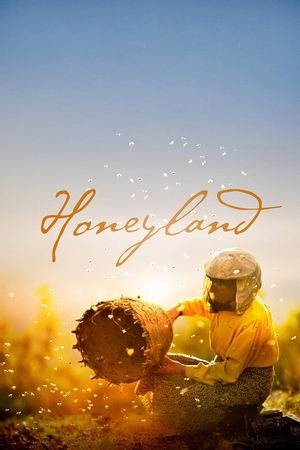 7.9
7.9Honeyland(tr)
When nomadic beekeepers break Honeyland’s basic rule (take half of the honey, but leave half to the bees), the last female beehunter in Europe must save the bees and restore natural balance.
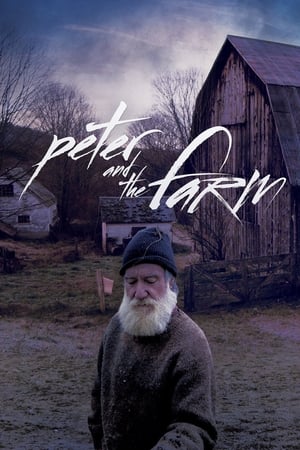 7.5
7.5Peter and the Farm(en)
Peter Dunning is a rugged individualist in the extreme, a hard-drinking loner and former artist who has burned bridges with his wives and children and whose only company, even on harsh winter nights, are the sheep, cows, and pigs he tends on his Vermont farm. Peter is also one of the most complicated, sympathetic documentary subjects to come along in some time, a product of the 1960s counterculture whose poetic idealism has since soured. For all his candor, he slips into drunken self-destructive habits, cursing the splendors of a pastoral landscape that he has spent decades nurturing.
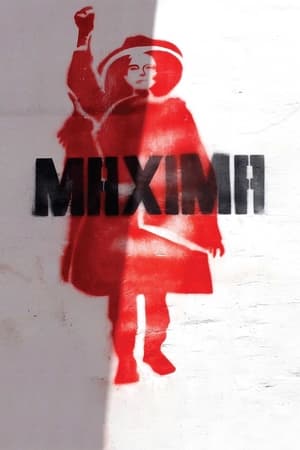 8.0
8.0Máxima(es)
A multi-billion-dollar mining project is launched by the American Newmont Mining Corporation and lays claim to the land belonging to Preuvian highlander Máxima Acuña.
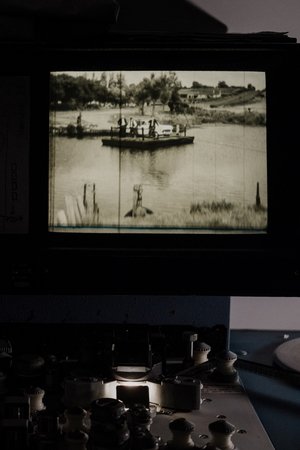 0.0
0.0The Bannfoot Ferry(en)
A forgotten history of Northern Ireland is unveiled through a journey into Ulster Television’s archives, and the rediscovery of the first locally-produced network drama, Boatman Do Not Tarry.
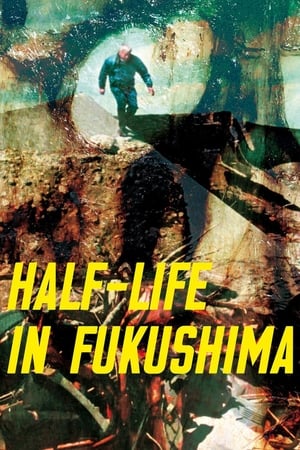 6.6
6.6Half-Life in Fukushima(fr)
In the aftermath of the Fukushima nuclear disaster, a Japanese farmer ekes out a solitary existence within the radiation red zone.
 0.0
0.0Beekeeper's Scrapbook(sh)
An examination of the surprisingly morbid world of 17th and 18th century Slovenian beekeeper drawings to guide the bees back to the right hive.
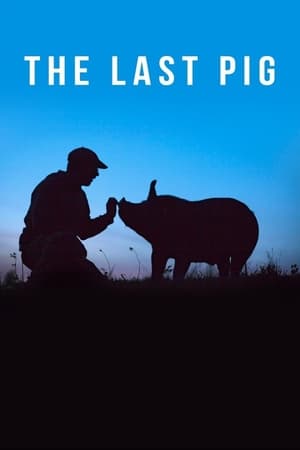 7.2
7.2The Last Pig(en)
An intimate reflection on animal treatment, following ethical pig farmer, Bob Comis, as he contemplates his transition out of raising animals for slaughter.
Het is een schone dag geweest(nl)
Documentary about the last four seasons on the farm run by the director's parents. The film starts on 1 January 1992, at 6 am and ends in a misty landscape at the end of that year. Het is een schone dag geweest (It's been a beautiful day) shows the end of a farm venture for which no successor has been found, but also the disappearance of a traditional way of life. Modern agriculture is ruled by new regulations, largely made in Brussels. Lonely work on a noisy machine replaces hard but communal work on the land. In a disciplined style, the film shows the disappearance of a traditional lifestyle in part of Holland. Het is een schone dag geweest was ïn 2007 admitted to the "Canon van de Nederlandse Film", a list of the most important Dutch films. (filmcommission.nl)
 7.6
7.6Modern Life(fr)
For ten years, Raymond Depardon has followed the lives of farmer living in the mountain ranges. He allows us to enter their farms with astounding naturalness. This moving film speaks, with great serenity, of our roots and of the future of the people who work on the land. This the last part of Depardon's triptych "Profils paysans" about what it is like to be a farmer today in an isolated highland area in France. "La vie moderne" examines what has become of the persons he has followed for ten years, while featuring younger people who try to farm or raise cattle or poultry, come hell or high water.
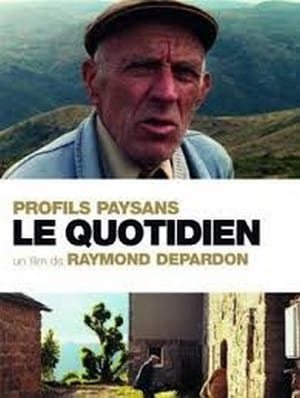 7.2
7.2Profils paysans : le quotidien(fr)
Second documentary of a trilogy produced on the long term (together with Profils paysans: l'approche (2001) and Profils paysans: La vie moderne (2008)), showing the simple lives of farmers in contemporary Southern France.
The Greenhorns(en)
Armed with a camcorder, farmer-filmmaker-activist Severine von Tscharner Fleming spent two years crisscrossing America, meeting and mobilizing a network of revolutionary young farmers resettling the land. 'The Greenhorns' is an ode to their grit and entrepreneurial spirit, an exploration of sustainable agriculture, and an enticement to reclaim our national soil. The ninety minute feature is the culmination of well over 200 hours of original footage from all regions of the United States, as well as original animation by young urban farmer and artist Brooke Budner, and rare agricultural archival footage from the Prelinger Archives. Ultimately, The Greenhorns shows us how farmers can move out of the margins recent history has consigned them to, and back to the heart of the American food landscape.
American Interior(en)
Two men. Two quests. Two centuries apart. Four ways to experience the search for a lost tribe. Film. Book. Album. App.
